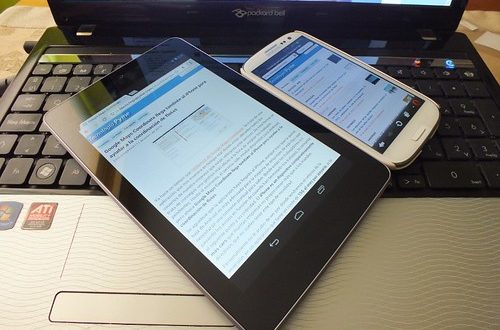
Lessons learned from the pandemic
Whitney Banyai-Becker shares lessons from a reflection with savings group leaders in April 2021. Learning through regular reflection is fundamental to the Community Savers approach to achieving positive change... Continue Reading

Go Digital: Lessons learned and new horizons
Whitney Banyai-Becker shares reflections on the Community Savers Lottery-funded Go Digital! project, drawing on conversations with volunteer trainers and community leaders. Of all the many changes thrust upon us... Continue Reading

Go Digital!
Lorna Parks shares some reflections on her first few months as a digital inclusion volunteer with GM Savers through our Lottery-funded Go Digital! project Just before Christmas I started... Continue Reading

Digital inclusion, confusion and that Aha! moment
Tina Cribbin of Hulme Writers & Savers shares reflections on her digital skills-sharing sessions as part of GM Savers Go Digital! project – supported by the National Lottery Community... Continue Reading

Its the little wins
Tina Cribbin celebrates recent achievements of local residents and members of On Top of the World in Hulme. In our tower block there was always a sense of hopelessness... Continue Reading
